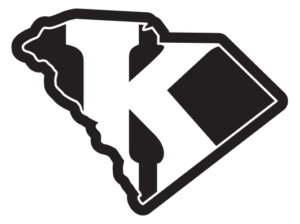South Carolina’s Prescription Drug Laws
South Carolina Drug Defense
South Carolina categorizes drugs through its Controlled Dangerous Substances list. Lawmakers have for many years categorized drugs based on their perceived abuse and addiction risk. They’re placed on a list running from CDS Schedule 1 to Schedule 5.
Shaun Kent has over a decade of experience fighting aggressively for her clients. If you have been charged with any drug-related crime, including possession, distribution, or any criminal charge, Shaun will work to provide you with a professional and dedicated defense.
Prescription Drugs and the Controlled Substances Schedule
South Carolina’s controlled substances list is confusing, when you couple that with the fact that there are sentences based on weight, intent, and previous offenses, it makes it even more complicated. That’s why a criminal defense attorney is so crucial if you or a loved one are facing charges.
Here’s a list of some of the most common prescription drugs and where they land on the controlled substances schedule.
Schedule 1 Controlled Dangerous Substances:
- No commonly known prescription drug is at this tier of the list. That’s because both the federal and state government consider these substances to have no medical value. However, this list does contain substances like MDMA (Ecstasy), Marijuana, and LSC (Acid).
Schedule 2 Controlled Dangerous Substances:
- Oxycodone (OxyContin, Percocet), Amphetamines (Dexedrine, Adderall), Methamphetamine (Desoxyn), and Methylphenidate (Ritalin), Hydromorphone (Dilaudid), Methadone (Dolophine), Meperidine (Demerol), Fentanyl (Duragesic), Hydrocodone, Amobarbital and Glutethimide.
Schedule 3 and 4 Controlled Dangerous Substances:
- Vicodin, Tylenol with Codeine, Suboxone, Xanax, Klonopin, Valium
Penalties
Possessing a Schedule 1 or Schedule 2 narcotic substance without a prescription can result in a first-offense sentence of 2 years in prison and 5,000 dollars in fines. Subsequent offenses carry worse penalties. Carrying Schedule 3 or 4 substances without a prescription can result in up to 6 months of prison and a thousand-dollar fine for a first-time offense. Penalties become much worse if you are charged with intent to distribute or trafficking. At these levels, you could face over a decade of prison and thousands of dollars in fines if convicted.
Contact Kent Law Firm Today
Shaun Kent has over 12 years of experience dealing with the most serious felony offenses in South Carolina. We have what it takes to guide you and take on your case. Contact us for a consultation today or call us today at 803-433-5368.

